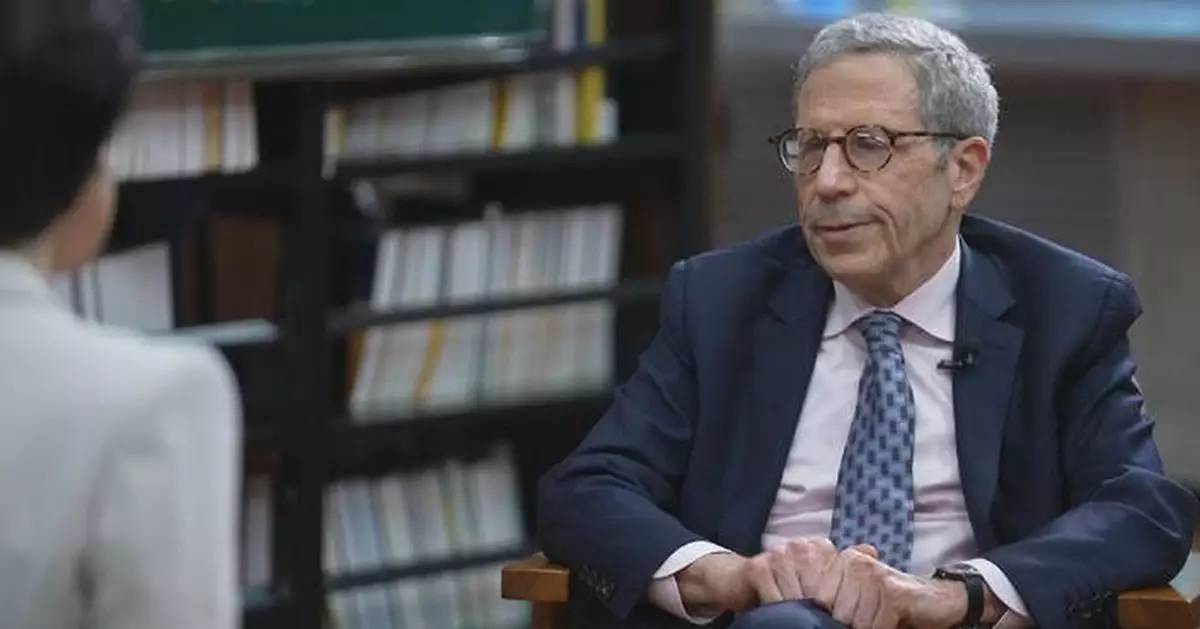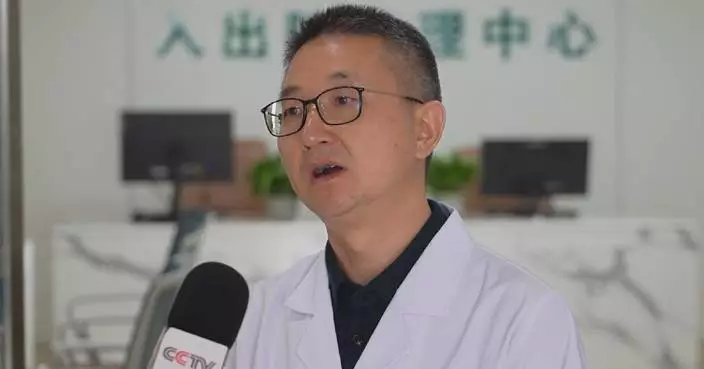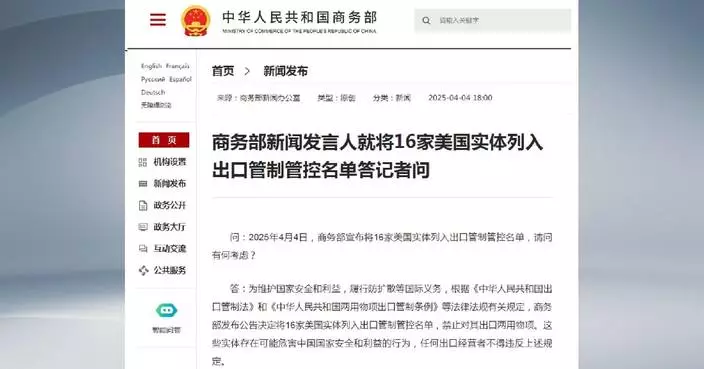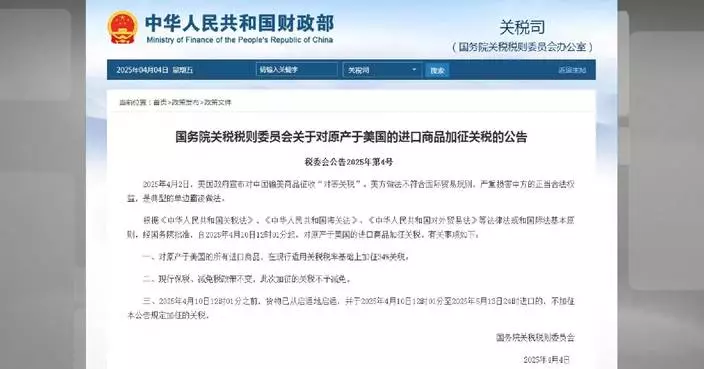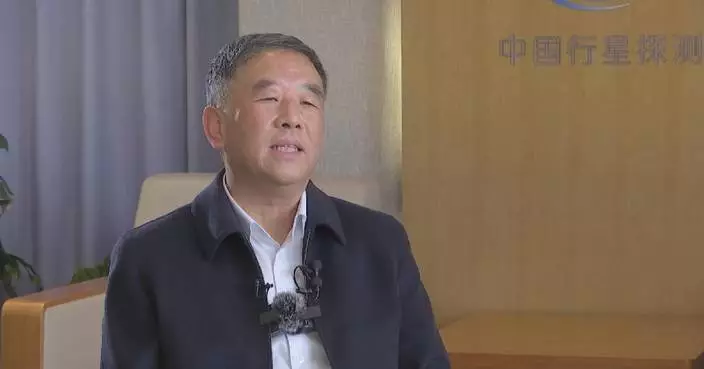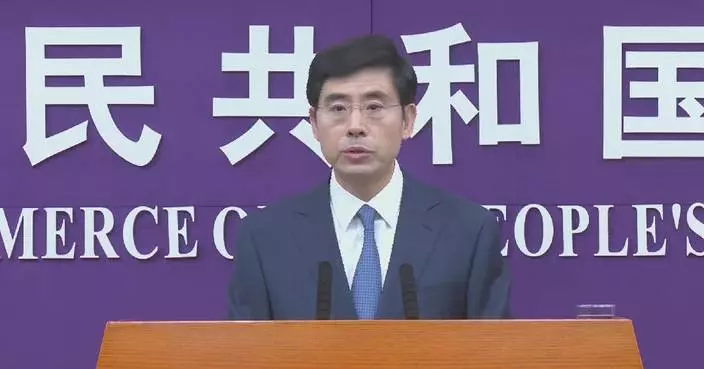Nobel Laureate in Economics Eric Maskin has attributed China's world-beating economic success in the past four decades to its market economy outperformance, unwavering adherence to opening-up policy, and a sophisticated government stewardship.
In an interview with China Media Group aired on Friday, Maskin said Chinese economy has gained quantum leaps year by year through reform and opening up, which provides valuable references for the rest of the world.
"China has made stunning progress in the last 40 years. Several secrets to the Chinese success story. First of all, China implements the elements of the market economy. Market forces were going to be essential to the development of the Chinese economy. The use of markets was a critical recognition. But also the importance of opening China up to the rest of the world was a critical step in the right direction. Opening up and taking advantage of international markets are the most important lessons," said Maskin.
He also hailed China's government structure, saying it ensures economic efficiency and provides an experimental ground for rolling out new policies or programs.
"The way that the Chinese government is organized I think was a remarkably successful venture. China has a central government. It also has provincial and local governments. In China, each province is its own distinct economy and that very competition is a source of economic efficiency. The feature that allows China to do experiments locally I think is another secret to the Chinese success story. That's good economic thinking," said the Nobel laureate.

Nobel laureate decodes China's economic success

Nobel laureate decodes China's economic success
More than 100 representatives of the Chinese-Filipino community and descendants of war veterans gathered at Manila's Chinese Cemetery on Tuesday to pay tribute to overseas Chinese who fought against the Japanese occupation during World War II.
The memorial ceremony was also attended by Chinese Ambassador to the Philippines Huang Xilian and other officials of the embassy.
Among the attendees was 96-year-old Mike Lu, or Lu Shuiya, a veteran of the Philippine Chinese Anti-Japanese Guerilla Force, known as Wha-Chi in the Philippines. Every year during the Qingming Festival which falls on April 4 this year, he would visit the cemetery to honor his fallen comrades.
"We will not forget, the people will not forget, the motherland will not forget," said Lu in a speech.
Another veteran, 102-year-old Wang Chenli, also participated in the ceremony.
Alongside Ambassador Huang and other dignitaries, the two elderly fighters laid wreaths and bowed in remembrance at the monument dedicated to the Chinese resistance fighters.
Following Japan's occupation of the Philippines in 1942, overseas Chinese in the country set up resistance groups such as the Philippine-Chinese Anti-Japanese Force and the Philippine-Chinese Anti-Japanese Guerrilla Forces, and latter is also known as Wha-Chi.
Wha-Chi played an impressive role in the fight against Japanese aggressors in over three years of the occupation.
The unit killed, wounded, and captured more than 2,000 enemy troops, at a cost of 77 casualties among its own ranks. After the war, the Chinese-Filipino community erected multiple memorials to commemorate these wartime heroes.
"Many people do not know that the Chinese minority in the Philippines was very fearless and very consistent in resisting Japanese militarism during World War II. We should not forget the war history in order to preserve and uphold peace," said Wilson Lee Flores, a well-known columnist in the Philippines.
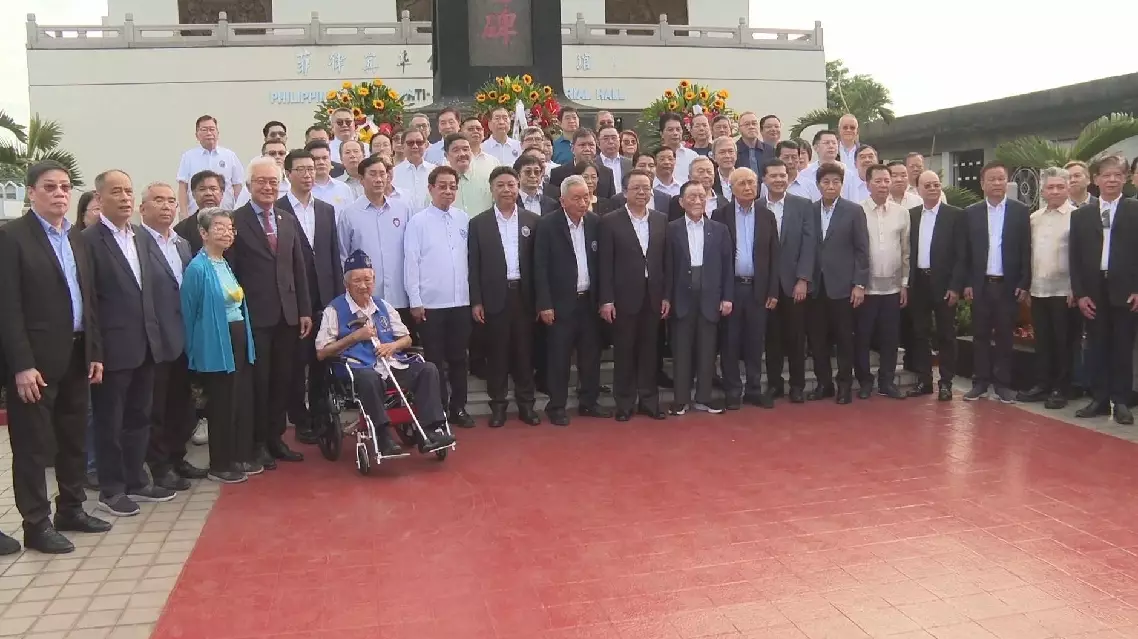
Chinese WWII resistance fighters in Philippines commemorated




